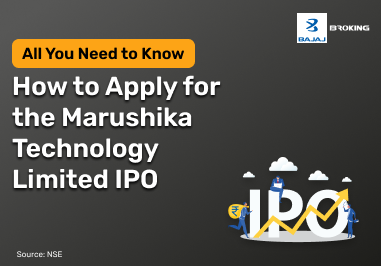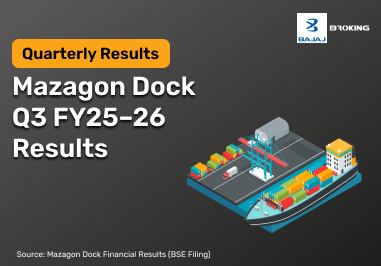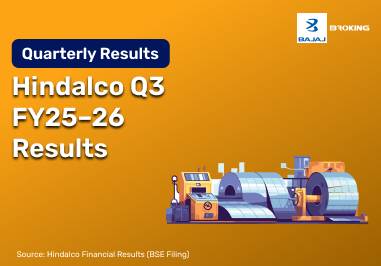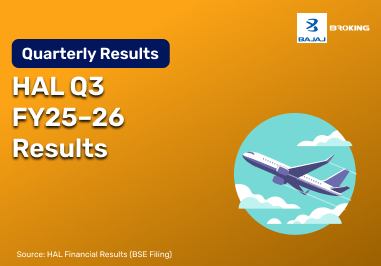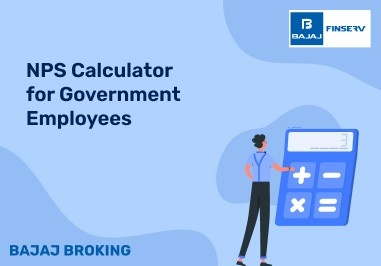Forward contracts are customised agreements between two parties to buy or sell an asset at a predetermined price on a future date. Unlike standardised futures contracts, they are privately negotiated and tailored to specific needs. These contracts help businesses hedge against price fluctuations in commodities, currencies, or financial assets, providing certainty in an uncertain market.
Before you dive deeper into how these versatile contracts work, you should gain an understanding of what they are.
Understanding the Forward Contract Meaning in Detail
A forward contract is an agreement that is undertaken between two parties to purchase or sell an asset at a specific future date for a fixed price that is agreed upon when the contract is entered into. Used primarily to hedge against the risk of price fluctuations of an asset, this contract proved to be useful to traders and investors.
Key Features of Forward Contracts
Forward contracts are contracts that are privately traded over-the-counter (OTC). This means that they are privately negotiated between the two signing parties and are not traded on an exchange like regular stocks or other exchange-related assets.
The terms of forward contracts are very flexible and can be tailored to suit the requirements of both parties that enter the contract. Flexibility includes the quantity, price, and delivery date of the asset in question.
While entering a forward contract, there is no initial cost or any premium that you have to bear. When the contract is ultimately settled, the profit or the loss is realised.
Additional Read: What Are Embedded Derivatives?
Types of Forward Contracts
Forward contracts are highly customizable and tailored to meet specific financial goals. Below are the three main types of forward contracts:
Fixed forward contracts: Settlement is restricted to one predetermined future date. These contracts work well for businesses with fixed timelines, ensuring price stability without offering flexibility.
Open forward contracts: These contracts provide flexibility, allowing settlement anytime before the maturity date. Businesses often use them to align with variable schedules and fluctuating cash flows.
Window forward contracts: These allow settlement within a specified period, offering a middle ground between fixed and open contracts. They are useful for businesses anticipating delays or uncertainties in operations.
Forward contract example: Consider a company importing goods worth $1 million. By entering into an open forward contract, it locks in a fixed exchange rate, shielding itself from currency fluctuations. Such types of forward contracts mitigate financial risks effectively while ensuring operational predictability in volatile markets.
Additional Read: What Is Rollover In Stock Market?
How do Forward Contracts work?
To know how forward contracts work, you must grasp certain features of these unique contracts. The features also form the steps you must take to enter forward contracts. Here are some aspects and factors that give you an idea of how forward contracts work:
- Establishing an Agreement
Two parties formulate a forward contract and agree to purchase or sell a specific underlying asset at a particular future date for a fixed price agreed upon when the contract is signed. The underlying asset may be anything from stocks to commodities and other securities.
- Obligation by Both Parties
Once the contract is sealed, both the agreeing parties are obligated to fulfil the terms mentioned in the contract. The buyer has to purchase the asset at the price that is agreed on and the seller has to sell the asset at the price that is fixed by the contract.
- Settlement of Forward Contracts
Forward contracts have a date of expiry. At the date of expiry of the contract, the contract may be settled in two ways. This can happen with the physical delivery of the asset or via a cash settlement. In a physical delivery, the seller must deliver the underlying asset to the purchaser, and the buyer must pay the price agreed upon. In a cash settlement, both parties settle the forward contract by paying the difference between the spot price and the forward price at the time of settlement.
Uses of Forward Contracts
You may wonder why investors get into forward contracts at all. Why not just buy assets directly and sell them for a potential profit? There are some key uses of forward contracts and these are listed below:
Forward contracts are frequently used for the purpose of hedging. For instance, a company that knows it will require a specific amount of a commodity in the future may enter a forward contract to set a price today. In this way, the risk of price fluctuations is reduced.
Traders and investors can also use forward contracts for speculation. If a trader or investor believes that the price of an asset will shift in a particular direction, they can easily use a forward contract to potentially make a profit from the movement in the price.
Potential Risks Involved with Forward Contracts
While forward contracts are useful for speculation and hedging, they are also associated with risks. These include:
Since forward contracts are actually private agreements, there is always the potential risk of one party defaulting on their obligation.
The market price of the forward contract’s underlying asset can fluctuate in an unfavourable direction, leading to potential losses.
Forward contracts are less liquid compared to derivative instruments like futures contracts, in which you may find it difficult to exit positions.
Examples of Forward Contracts
Forward contracts are crucial for managing financial uncertainties across industries. Below are specific scenarios showcasing the forward contract meaning:
In agriculture: A farmer expects wheat prices to fall before harvest. To mitigate this risk, the farmer enters a forward contract to sell 1,000 quintals of wheat at Rs. 2,200 per quintal. This guarantees stable income irrespective of future price fluctuations, offering financial security.
In currency trading: An importing company needs to pay $500,000 to a supplier in six months. The company uses a forward contract to lock in the current exchange rate, protecting itself from adverse currency fluctuations and ensuring cost predictability.
In commodities: A steel manufacturer anticipates rising material costs. By entering a forward contract, the company secures today’s prices, maintaining budget stability and shielding itself from unexpected price increases.
These examples illustrate the forward contract meaning, emphasising their importance in mitigating financial risks, ensuring predictability, and enabling stability in volatile markets. Businesses rely on types of forward contracts to address unique financial challenges effectively.
Final Thoughts on Forward Contracts
Forward contracts are the main financial tools to effectively manage risk and speculate on price movements. Nonetheless, they are also associated with risks and some challenges. As with any financial investment instrument, it's crucial to understand the workings of forward contracts before you enter them.
Disclaimer: Investments in the securities market are subject to market risk, read all related documents carefully before investing.
This content is for educational purposes only. Securities quoted are exemplary and not recommendatory.
For All Disclaimers Click Here: https://bit.ly/3Tcsfuc






